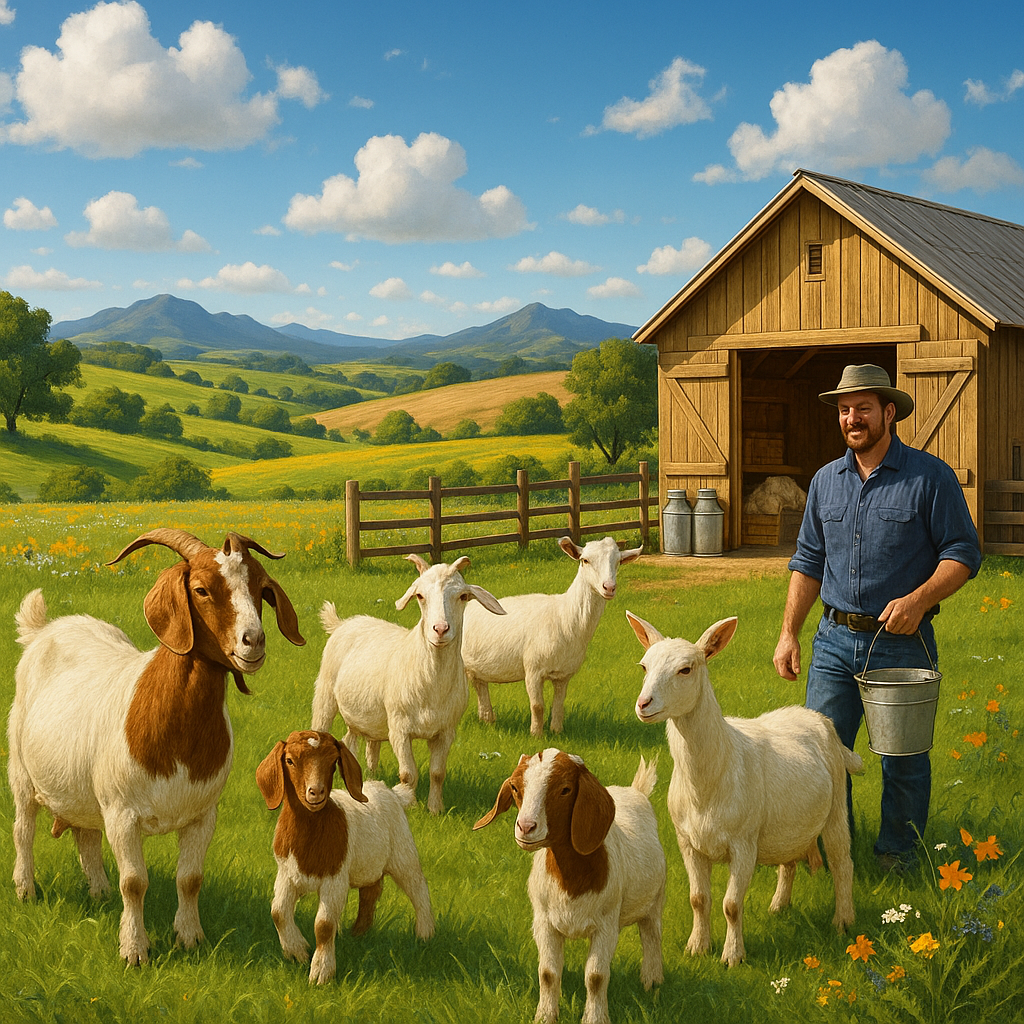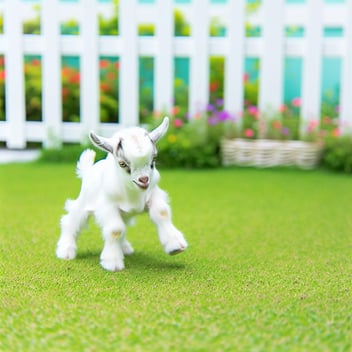The Growing Demand for Goats in South Africa South Africa's agricultural landscape is evolving, and goats are becoming increasingly popular among farmers and small-scale livestock owners. The demand for goats is driven by their adaptability and the various products they offer, such as meat, milk, and fiber. Goats are hardy creatures that thrive in diverse environments, making them an ideal choice for the South African climate. Their ability to forage on minimal resources and produce high-quality products has positioned them as a valuable asset in the agricultural sector.
The rising interest in sustainable farming practices has also contributed to the growing demand for goats. As more farmers seek eco-friendly and cost-effective solutions, goats emerge as a smart investment. Their smaller size compared to cattle means they have a lower environmental impact, and their ability to graze on a variety of plants helps maintain healthy pastures. This combination of factors makes goats an attractive option for farmers looking to diversify their livestock and increase their profitability.
Profitability: How Goats Boost Farm Income Investing in goats can significantly boost farm income due to their high market value and the multiple revenue streams they offer. Goat meat, known as chevon or cabrito, is in high demand locally and internationally. It is a lean, nutritious alternative to other meats, appealing to health-conscious consumers. Additionally, goat milk is prized for its digestibility and nutritional benefits, making it a popular choice for those with lactose intolerance or seeking alternative dairy products.
Beyond meat and milk, goats also provide valuable fiber, such as cashmere and mohair, which are sought after in the textile industry. These fibers are known for their softness, warmth, and durability, fetching premium prices on the market. By leveraging these diverse income streams, farmers can maximize their profitability and reduce financial risks associated with relying on a single product.
Moreover, goats have a relatively short gestation period and can produce multiple offspring each year, leading to rapid herd growth. This quick turnaround allows farmers to scale their operations and increase their earnings in a relatively short time. With proper management and care, goats can be a consistent and reliable source of income for South African farmers.
Low Maintenance: The Ease of Raising Goats One of the most appealing aspects of raising goats is their low maintenance requirements. Goats are hardy animals that can thrive in various environments, making them well-suited for South Africa's diverse climates. They require minimal housing and can adapt to different grazing systems, including free-range, semi-intensive, and intensive setups. Goats are known for their ability to forage on a wide range of plants, including those that other livestock might avoid.
This trait makes them excellent for managing and improving pasture quality. They can help control invasive plant species and reduce the need for chemical herbicides, promoting a healthier and more sustainable farming ecosystem. In terms of healthcare, goats are relatively resilient and have fewer disease issues compared to other livestock. Regular vaccinations, parasite control, and proper nutrition are essential to maintaining their health, but these tasks are generally straightforward and cost-effective.
The low maintenance nature of goats allows farmers to manage larger herds with less labor and expense, making them an efficient and practical choice for small-scale and large-scale operations alike. Versatility: Goats as Multi-Purpose Livestock Goats are incredibly versatile animals that can serve multiple purposes on a farm. In addition to providing meat, milk, and fiber, they can also play a crucial role in land management and soil improvement. Their natural grazing habits help control weeds and promote the growth of desirable plant species, enhancing pasture productivity. Goats can also be integrated into mixed farming systems, where they complement other livestock and crops. For example, their manure is an excellent source of organic fertilizer, enriching the soil and boosting crop yields. This integration creates a symbiotic relationship that maximizes resource efficiency and sustainability. Furthermore, goats are known for their sociable and curious nature, making them a joy to work with. They can be trained for various tasks, such as carrying loads or participating in agrotourism activities.
Their friendly demeanor and engaging behavior make them a popular attraction for farm visits and educational programs, providing additional revenue opportunities for farmers. Quality Breeds Available for South African Farmers South African farmers have access to a wide range of quality goat breeds, each with unique characteristics and advantages. Some of the most popular breeds include the Boer, Saanen, and Kalahari Red goats. Boer goats are renowned for their rapid growth rate, high meat yield, and excellent adaptability to different environments. This breed is particularly favored for meat production, as they produce tender, flavorful meat that commands premium prices.
Saanen goats, on the other hand, are prized for their exceptional milk production. They are one of the highest milk-yielding goat breeds, making them an ideal choice for dairy farmers. Their milk is rich in butterfat and protein, perfect for producing cheese, yogurt, and other dairy products. Kalahari Red goats are another excellent option, known for their hardiness and ability to thrive in arid conditions. They are primarily raised for meat, and their distinctive red coat provides some protection against harsh sunlight, reducing the risk of sunburn and heat stress. By selecting the right breeds that align with their farming goals and environmental conditions, South African farmers can optimize their goat farming operations and achieve better results.
Making Your Goat Investment Work: Tips and Strategies To make the most of your investment in goats, it's essential to implement effective management practices and strategies.
Here are some tips to help you succeed:
- Choose the Right Breeds: Select breeds that are well-suited to your farming objectives and local climate. Research and consult with experts to make informed decisions.
- Provide Proper Nutrition: Ensure your goats have access to high-quality forage and supplemental feeds. Balanced nutrition is crucial for their growth, reproduction, and overall health.
- Implement Good Health Practices: Regular vaccinations, parasite control, and routine health checks are vital to maintaining a healthy herd. Work with a veterinarian to develop a comprehensive health plan.
- Optimize Grazing Systems: Utilize rotational grazing and other pasture management techniques to maximize forage availability and maintain healthy pastures.
- Invest in Quality Housing: Provide adequate shelter to protect your goats from extreme weather conditions and predators. A well-designed housing setup can improve their well-being and productivity.
- Keep Accurate Records: Maintain detailed records of breeding, health, and production data. This information is essential for making informed management decisions and tracking your progress.
By following these tips and continuously learning and adapting, South African farmers can unlock the full potential of their goat farming ventures and enjoy long-term success. In conclusion, investing in goats offers numerous benefits for South African farmers, from profitability and low maintenance to versatility and high demand. With the right strategies and commitment, goats can become a cornerstone of a thriving and sustainable farming operation.




